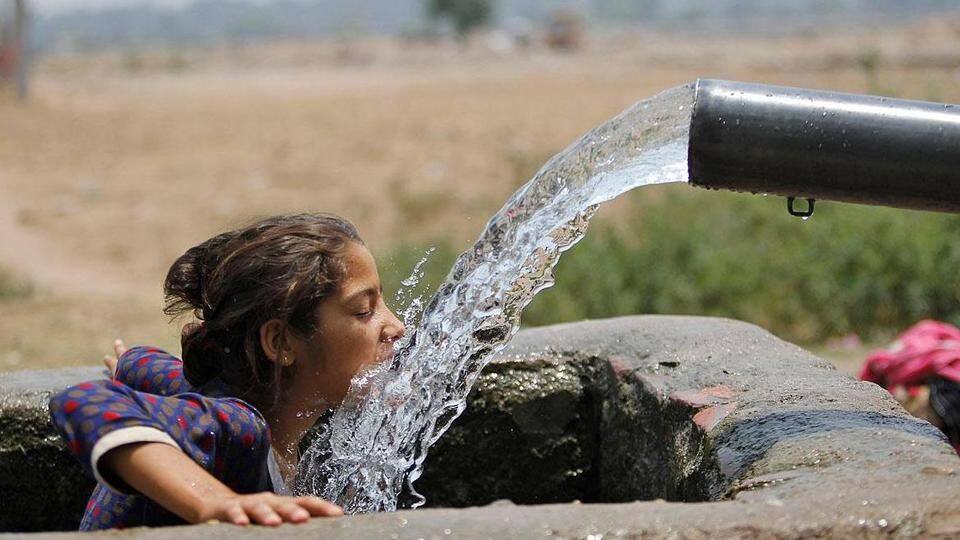
India to witness intense summer, temperatures already at a high
What's the story
Indians, brace for a particularly intense summer this time. Met officials have warned that temperatures in many places in the north, west and center can increase from the normal by over 1 degree Celsius. The biggest change is expected in Himachal, J&K and Uttarakhand, with temperature changes of over 2.4 degrees. This also means earlier onset of heat waves, affecting humans and crops alike.
Start
Temperatures in many places already above normal
Summer-like conditions have already started in several places. Yesterday, Mumbai recorded a temperature of 37.4 degrees, 5.5 degrees above normal. In the north, maximum temperatures have touched 36.2 degrees in the last few days. IMD's Kuldeep Srivastava says maximum and minimum temperatures in February were "about 3 degrees above normal." In Hyderabad, minimum temperature increased by 3-4 degrees in January-February.
Heat wave
Earlier heat waves likely in most of India
This means likelihood of earlier heat waves. IMD says they needn't be considered till temperature touches 40 degrees, or is 5-6 degrees over normal. They normally occur during March-June. The core heat wave zone is spread over the region surrounded by Himachal, Punjab, Rajasthan, Gujarat, Maharashtra, Telangana, Andhra, Odisha, WB, Bihar, UP and Uttarakhand. Temperature here is expected to increase by over 1 degree.
Data
These southern regions are expected to see the least change
The least change is expected in Kerala, Tamil Nadu, Rayalaseema and south interior Karnataka, where temperatures are likely to rise by less than 0.5 degree. The remaining subdivisions should see a rise of 0.5-1 degree.
Effects
Loss of lives, damaged crops, rising healthcare costs and more
Heat waves and increased temperatures affect not just humans, but hamper crops and put pressure on water resources and the power system. Winter crops like wheat could be affected, hitting farmers who are already battling an agricultural crisis. NDMA says heat wave deaths have fallen in recent years due to early warnings, but people are having to bear the brunt of rising healthcare costs.